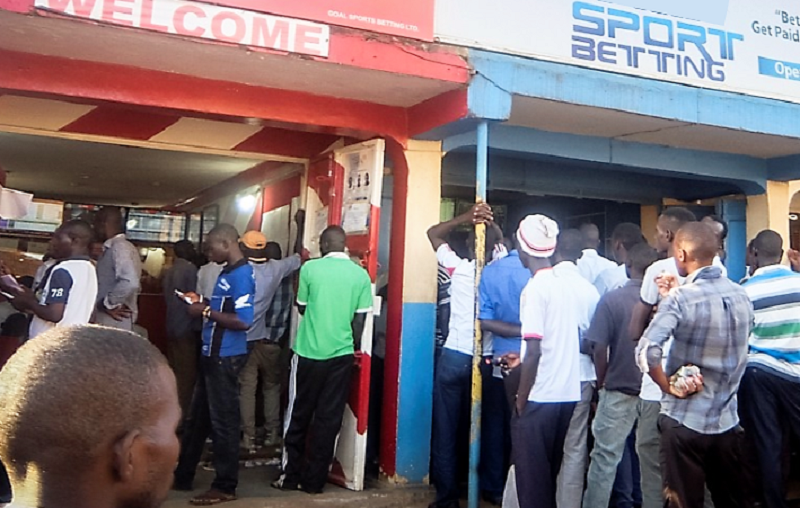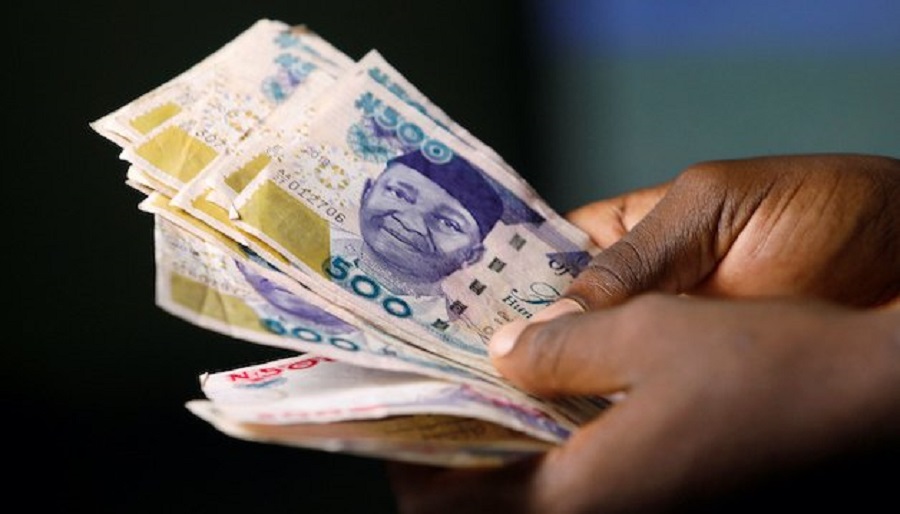Sports betting, like many other things, has come to stay in Nigeria, and it doesn’t look like it’s going away anytime soon. The industry is a money-spinning one and is estimated to generate around N730 billion annually.
Betting has been in existence for a long time, with pool betting popular among older adults. However, the excitement and buzz around the top European leagues have made betting for younger Nigerians more pronounced, and there are a lot of reasons that can be attributed to this.
Long gone are the days when betting was stigmatized, as it is now commonly accepted by all and sundry, although there have been calls to curtail the spread among youths, who may not have control and do not know when to stop when their betting behaviours are becoming incoherent. It is not uncommon to see people from all walks of life aggregating at betting outlets, with the occasional sighting of interesting characters such as religious clerics and characters such as housewives and even masquerades.
The advent of technology and increased access to mobile devices has also made it easier to place bets, as payment gateways and platforms help people deposit money to their betting accounts by linking their debit cards in very simple steps.
What has led to this upturn in betting activities in the last 10 years? This article aims to give arguments both for and against sports betting in Nigeria.
The arguments for…
A report in 2020 estimated that about 60 million Nigerians between the ages of 18 and 40 are actively involved in sports betting and this can’t be really surprising. Poverty and unemployment are major factors in the increase of sports betting among Nigerian youth. Nigeria has an estimated population of around 200 million, of which 87.5 million are said to be living in extreme poverty.
Throwing in the fact that 65% of Nigerians are below the age of 35 and that the youth unemployment rate in 2018 was put at a staggering 36.5%, one can see a nexus between football betting and unemployment. Most of these youths see betting as a get-rich scheme and is not uncommon to even see employed people take betting as a legitimate source of extra income.
Betting companies should increase campaigns to properly orientate people that betting should only be done with disposable income, and should be done responsibly. Many people have seen their lives change for the better through betting, and if positive messages are continued to be shared, it can reinforce the belief that it is a good risk to take.
The arguments against…
There have been many arguments, most notably the lack of control or visible regulations in the industry. Despite the fact that betting companies preach against betting beyond normal, many people still use exorbitant amounts of money (in comparison with their income levels) to bet, of which there are cases of parents complaining about teenage children/wards stealing money to fund football betting.
There is also the fact that it is hard to adequately determine the age of people that bet in Nigeria, so the question of 18+ playing bets is hard to substantiate. Just like the alcohol industry struggles with properly identifying adults buying its products, the betting industry also suffers this same fate. There is no standard level of identification in Nigeria, which means impressionable children below the age of 18, who don’t, by the eye of the law, understand consequences for actions, are getting pulled into the damaging and uncontrollable urge for quick money.
There is also the school of thought in Nigeria that believes betting is foreign to the Nigerian culture. They believe that not having direct control over results of games or matches and staking on these outcomes are against cultural and religious practices.


















